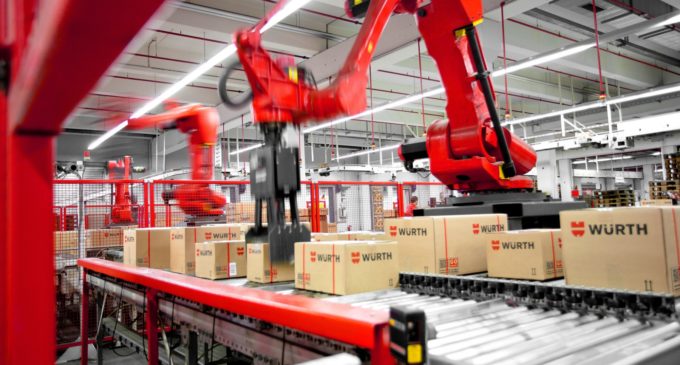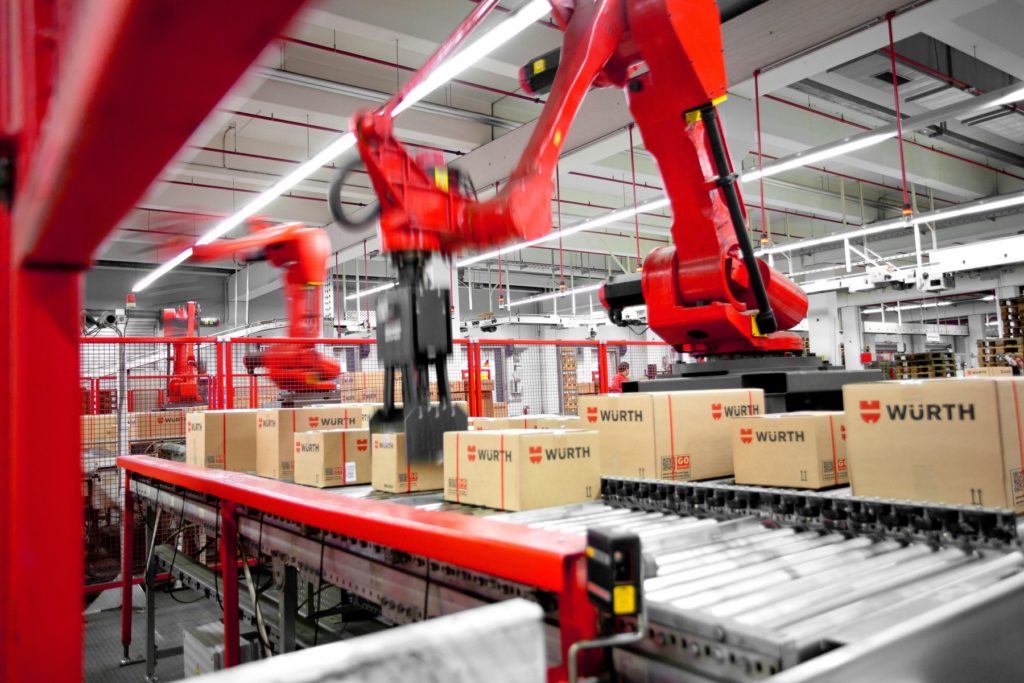Würth Record Results Start Earnings Season


The Würth Group reported record results for 2022, kicking off an earnings season likely to produce as much loss as gain for the fastener industry.
Sales increased 17% to EUR 19.95 billion. Adjusted for currencies, sales grew 15.1%. Net income gained 14% to EUR 1.5 billion.
“We are operating in difficult economic and political conditions: The war in Ukraine, material and supply shortages, and price increases continue to be challenging,” stated chairman Robert Friedmann. “I would therefore like to thank our more than four million customers worldwide for their trust in our services and our suppliers for their cooperative partnership.
“At the same time, we can rely on the strength of our corporate culture, the solidarity of all employees and, of course, the support of a family business in times of crisis. This gives us the necessary stability.”
Sales in Germany rose 13% to EUR 7.85 billion. Würth companies outside Germany generated 19.5% sales growth to EUR 12.1 billion.
The Electrical Wholesale unit was particularly successful, reporting 25% growth. Service leadership, a very high level of product availability combined with above-average logistics expertise are the reasons for this very good development.This sector also benefited from the renewable energy boom.
The Electronics Group, selling passive electronic components, circuit boards and electronic and electromechanical solutions, achieved 22.5% sales growth.
The Industry Division of the Würth Line also reported above-average sales growth of 20.1%.
E-business sales grew 21.2%, accounting for 20.7% of total sales.
Würth added 2,454 new employees in 2022, a 29.5% increased to 85,637 people, 43,297 of which work in sales. In Germany, the company has 26,113 employees.
Mechanical engineering and the automotive industry remain the sectors most affected by material shortages. In the construction sector, projects are being cancelled or postponed due to rising construction costs and interest rates.
“The current challenges will continue to be an issue in 2023,” Friedmann stated. “It remains to be seen how consumer behavior and energy prices will develop, and what impact China’s relaxed zero-COVID policy will have on supply chains. Operating in this fragile, interdependent environment will remain a key challenge in 2023.
“Despite all crises, we will maintain last year’s momentum and positive spirit, stay optimistic and act with caution.” Web: Würth.com



There are no comments at the moment, do you want to add one?
Write a comment